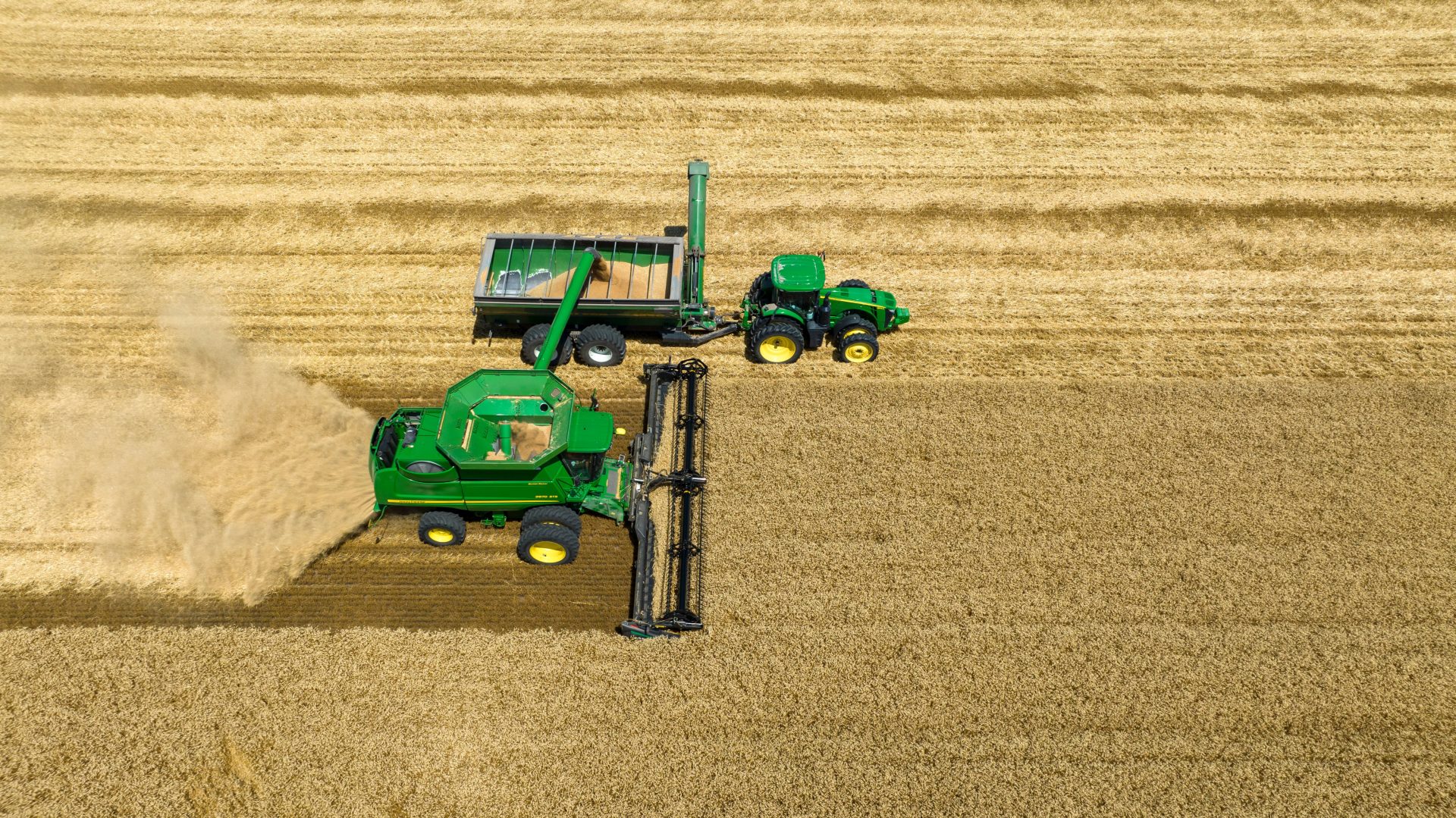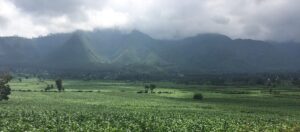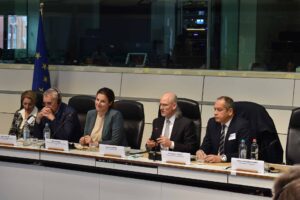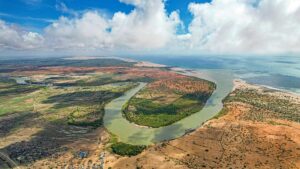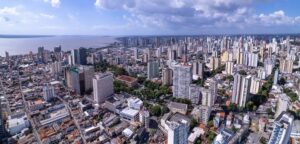Ending hunger one drop at a time
As farmers in California are asked to stop a centuries old farming practice, farmers in the Zambezi are finding solutions to their unreliable water supply, which no longer readily falls from the sky.
Over 70% of water use is in agriculture. This figure is often framed to highlight water use, but it also highlights a huge risk; food security is extremely vulnerable to water scarcity. Sustainable Development Goal 2, Zero Hunger, will be impossible to reach without addressing this risk. Farmers around the world are having to learn the hard way how to adapt to a climate that is too dry, too wet or both.
‘Water is our most precious resource,’ alfalfa farmers in the US south-west told The Guardian. They have been asked to give up growing the crop amid megadrought in the region. This case of alfalfa farming in drought-stricken California has raised several questions not least focusing on the decision to grow such a thirsty crop in a dry area. One of the ways smallholder famers can adapt is by choosing seeds and crops that are more resilient to reduced levels of water.
During World Water Week SIWI’s Anton Earle highlighted the impact of climate change on farmers in the Zambezi basin in two ways: the effects of climate change are not a thing of the future, they are happening now. And secondly, many farmers express the impacts of climate change not in terms of rising temperatures but of a disrupted water cycle, resulting in too much or too little water falling from the sky. This has driven an increase in the uptake of certain crops and farming methods which are drought resilient.
Predicting the unpredictable
Water is hyperlocal and needing to understand and predict local rainfall is crucial to resilience for farmers. This years’ Stockholm Water Prize Laureate Prof. Wilfried Brutsaert dedicated his research to helping predict just that. Allowing not just countries, but local areas to understand the water resources they are working with. His modelling enabled the prediction of evaporation patterns, allowing for even more accurate water table calculation.
One such example, seen by SIWI colleague Xanani Baloyi when working in the Zambezi basin, is the encouragement of minimum tillage. It involves low disturbance to the soil and ensures organics are locked into the soil for healthier crops and root development. It also encourages rainwater retention, which reduces excessive soil erosion.

Many of the techniques used tend to be relatively labour intensive but pay off in terms on increased yields, healthier soils, and rainwater harvesting or retaintion in the soil. Farmers need to be supported through investments in the form of capacity building, inputs, and other resources needed. Farmers also need to be incentivized for the ecological service they provide, inmanaging the soil, land, and water resources. Farmers are front-line water managers, and governance processes would be emboldened by their on the ground knowledge.
“Rewarding adoption of climate-smart agricultural practices not only benefits the farmers, but brings environmental benefits to ecology and food security”
When looking at how to make food security resilient, we have to ask ourselves: what parts of the hydrological cycle can we influence? Primarily the part on land. We have the ability, and increasingly the techniques and technologies, to allow water to be slowed as it passes through the landscape. Improved understanding of the forest-water nexus is crucial to the process of slowing water down.
WATCH | SIWI’s Anton Earle and Xanani Baloyi speak about TIARA during World Water Week
Are you a policy maker? Or a forest, water, or land manager?
FAO and SIWI now offer a course on the forest-water nexus in English French and Spanish. The course provides an overview of forest and water relationships, and an understanding of the impacts of changing landscapes on water resources.
As fourth generation farmer Stephen Hawk told the Guardian: “Our ground is worthless if we don’t have the water to farm it.” For the sake of the livelihoods of millions and the diets of billions a combination of diversified crops, new (and old) methods, and investment in resilient agriculture cannot wait a moment longer.
Water is central to achieving all SDGs
To accelerate the kind of urgent, efficient, and effective action needed to achieve the sustainable development agenda, it is crucial to address interconnectedness. We must recognise the central role of water as a catalyst for action and progress across all SDGs.
Read more about water as a catalyst
